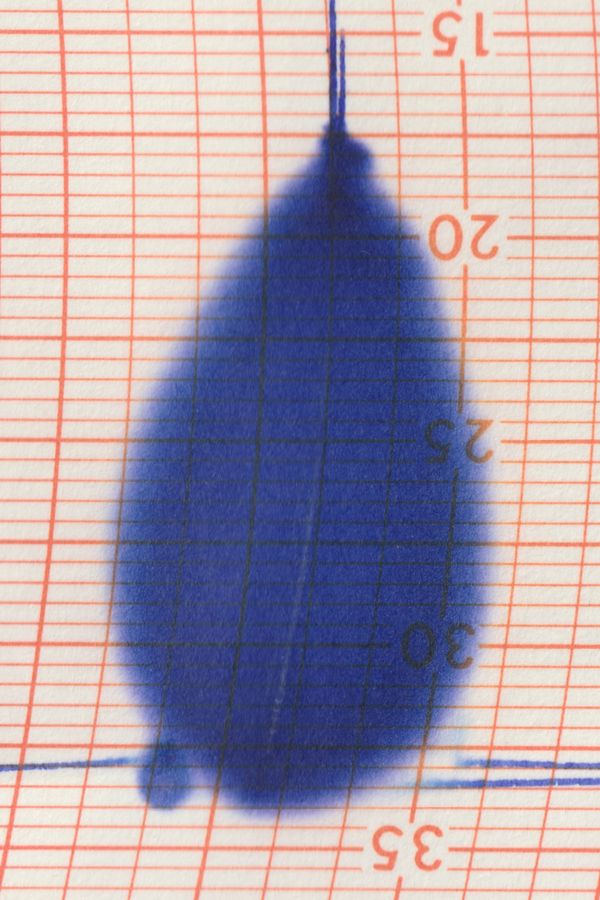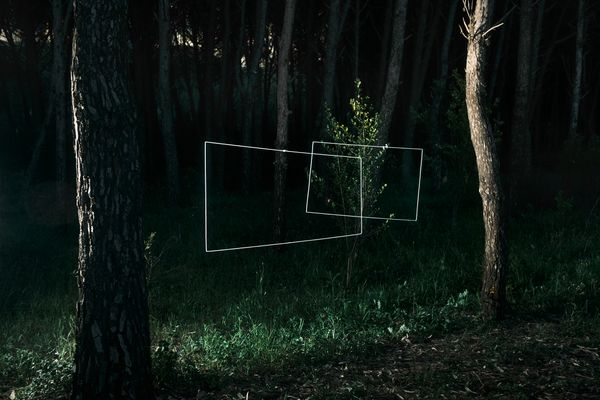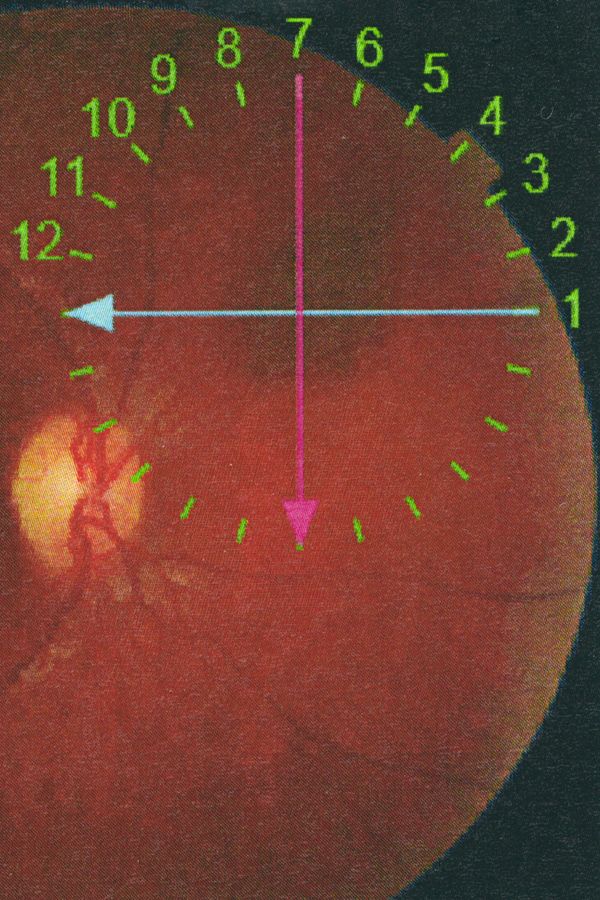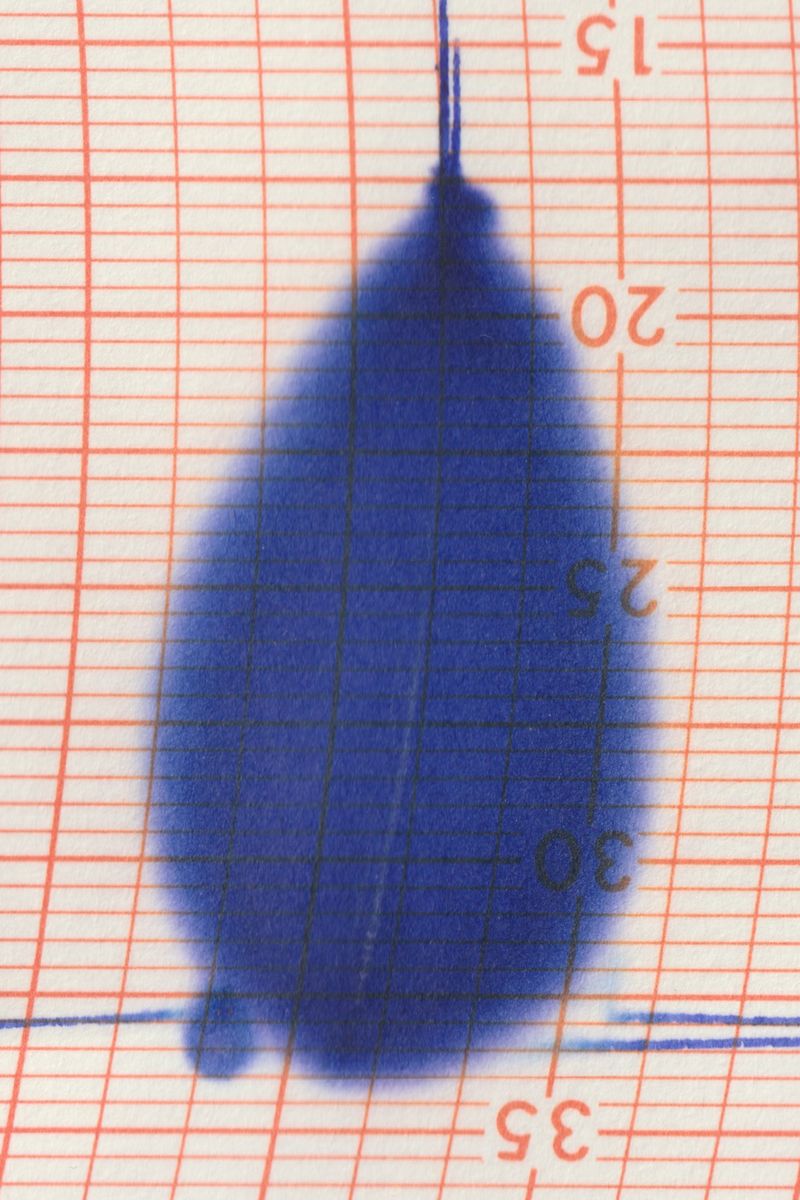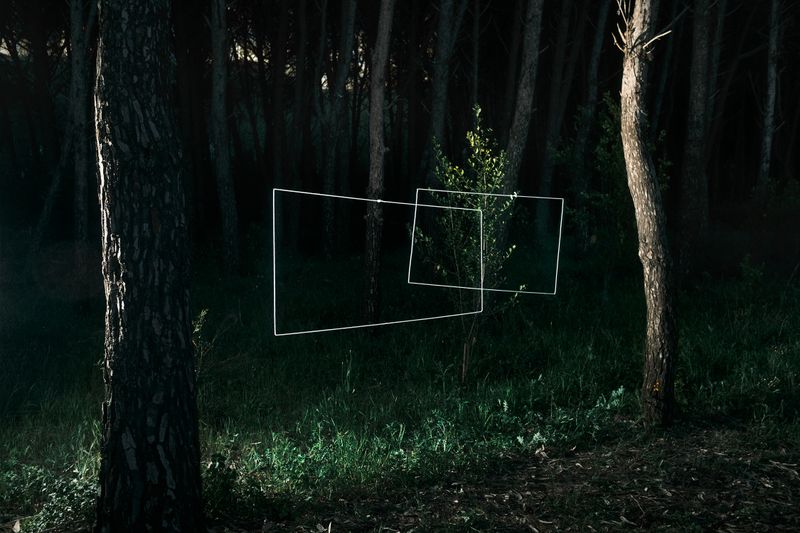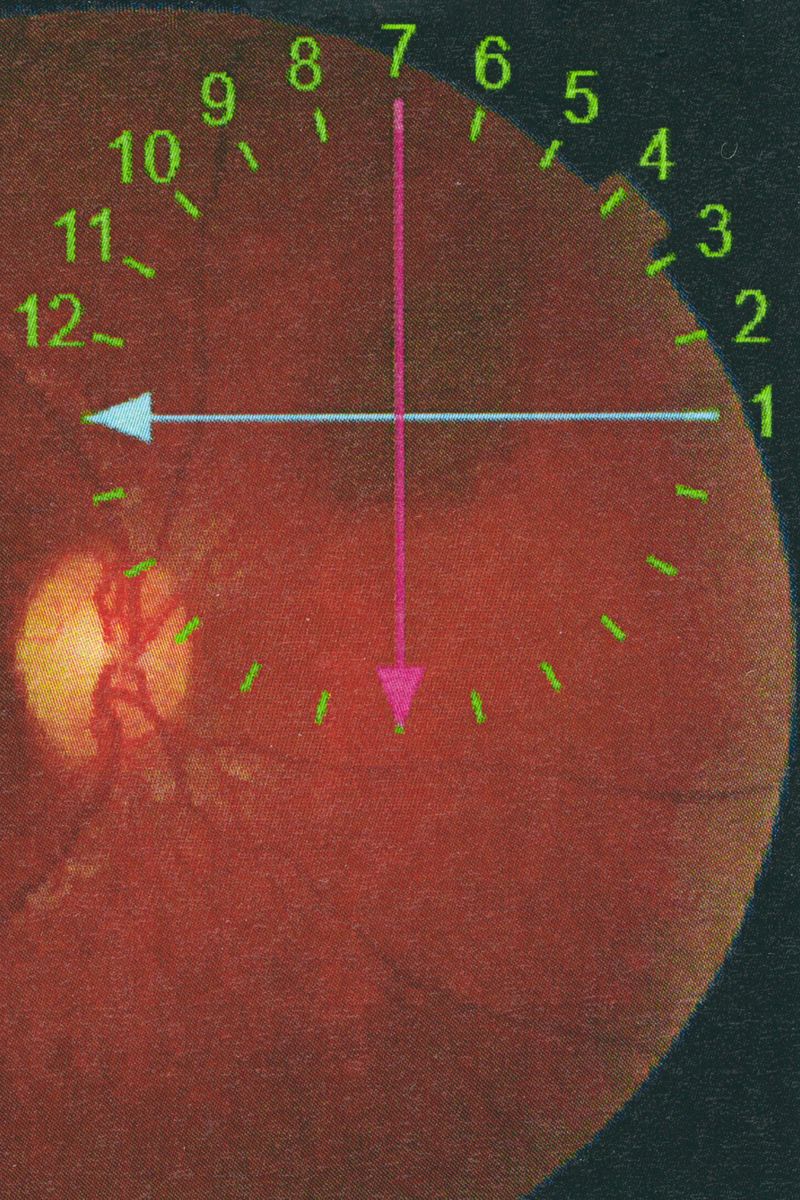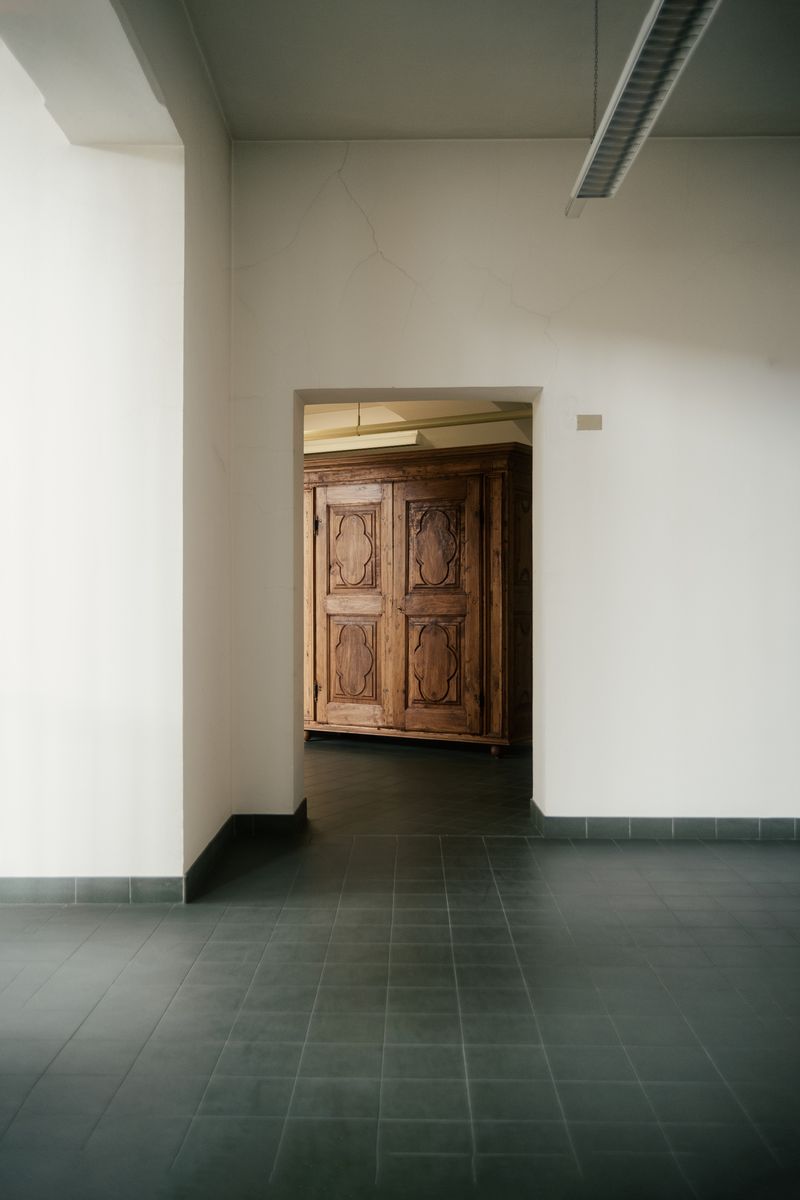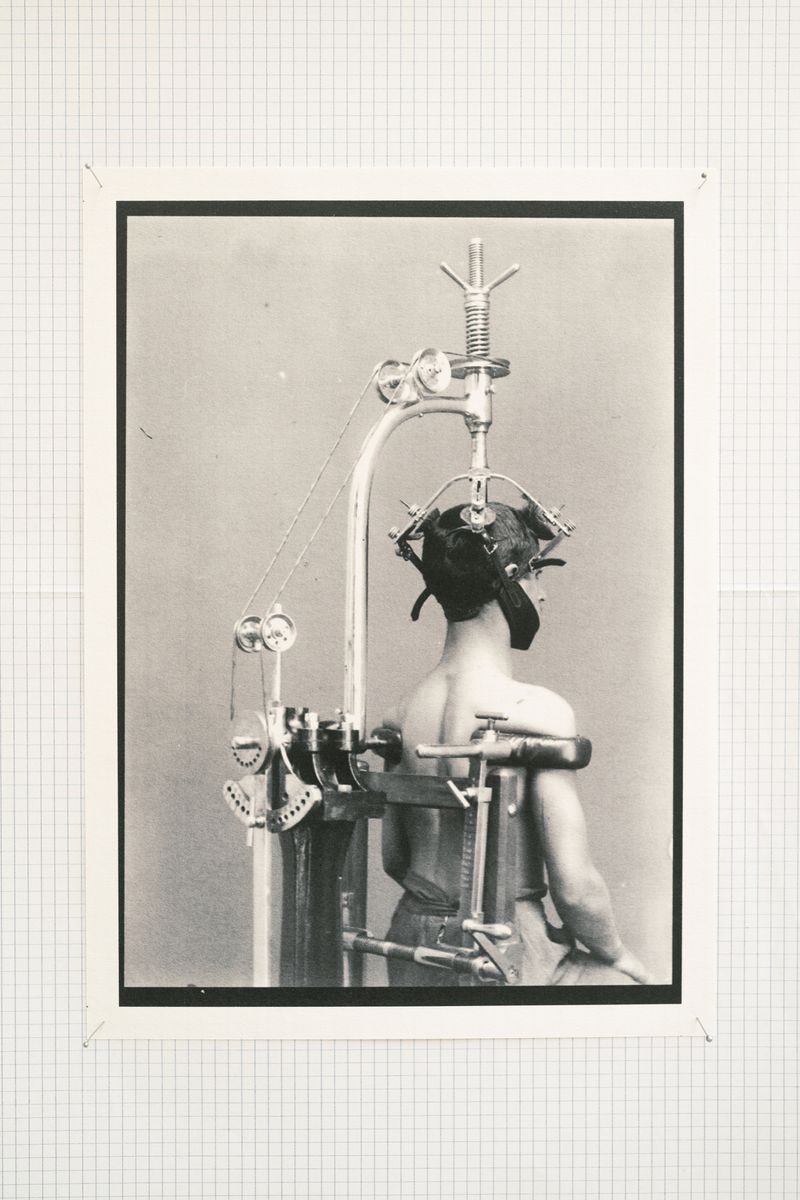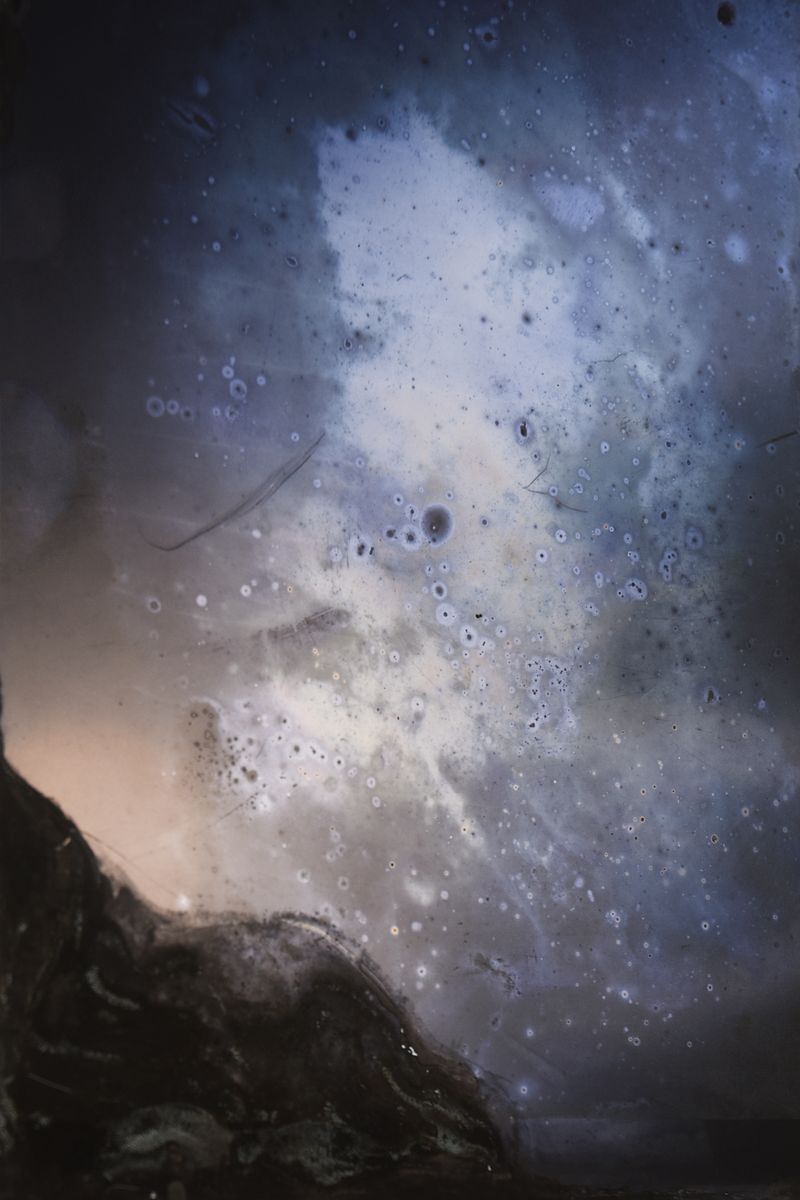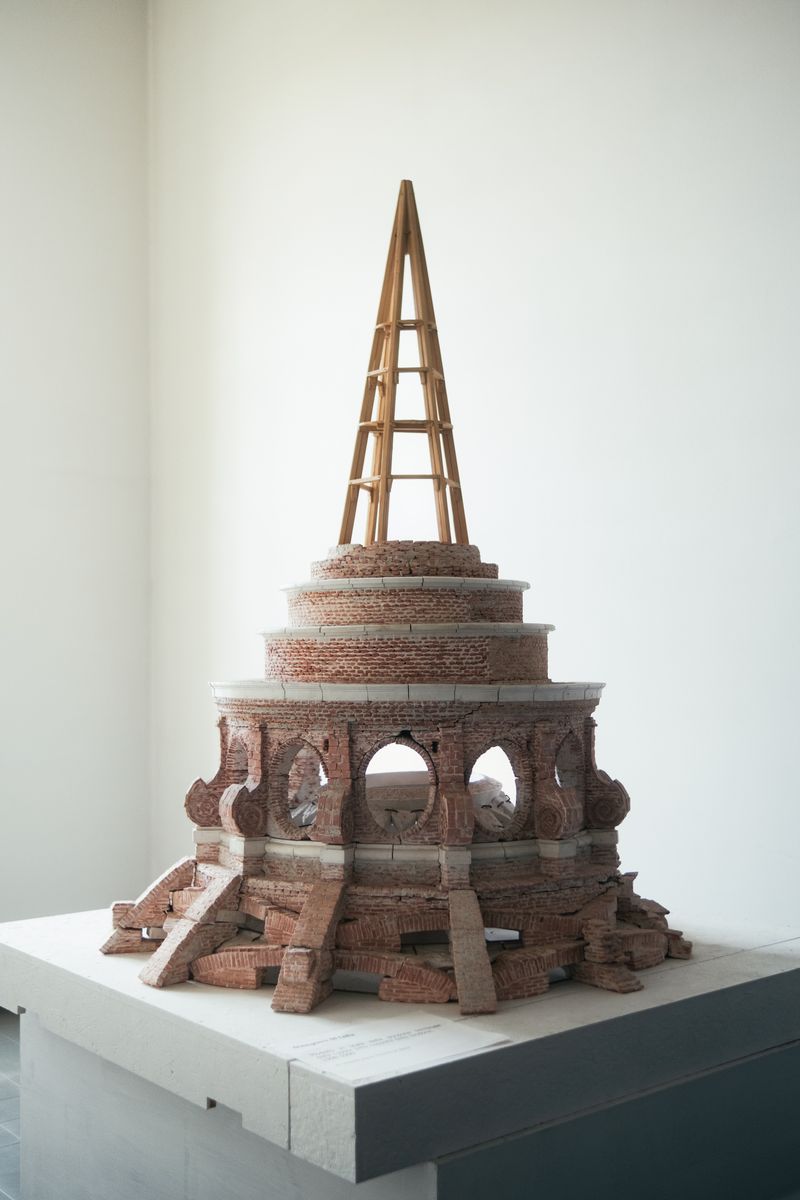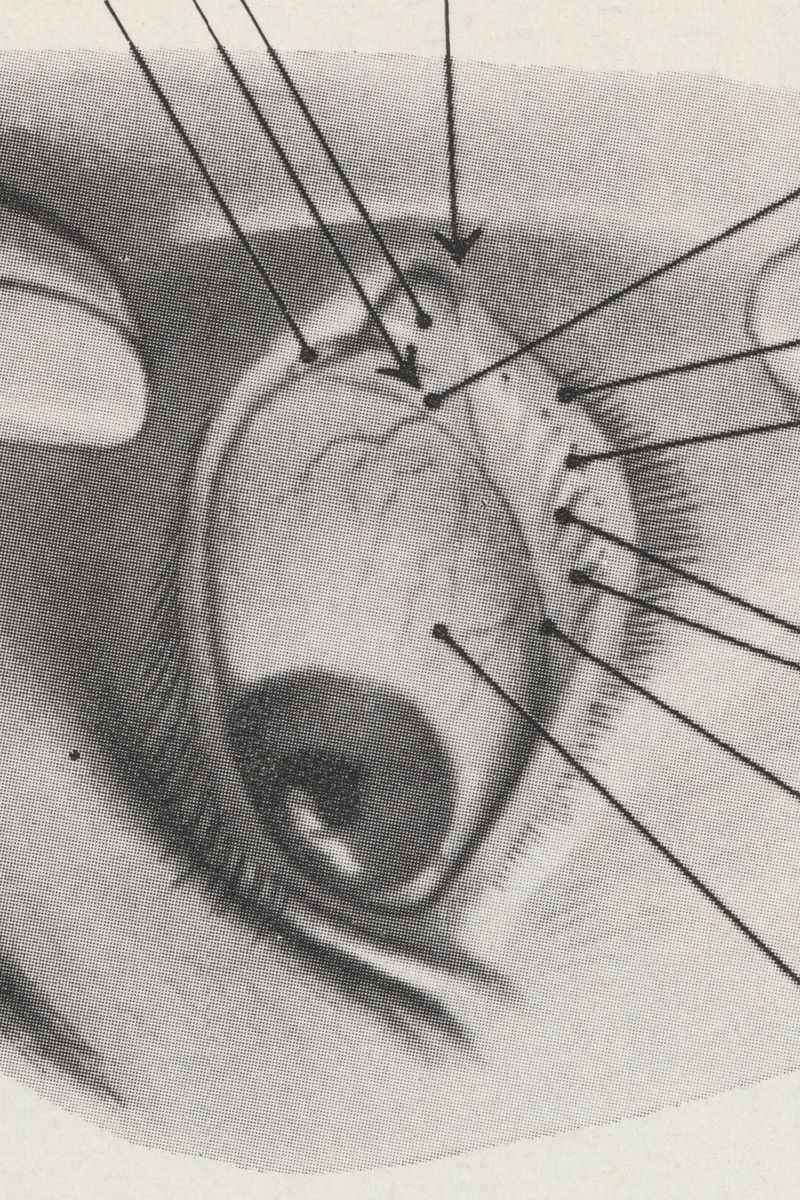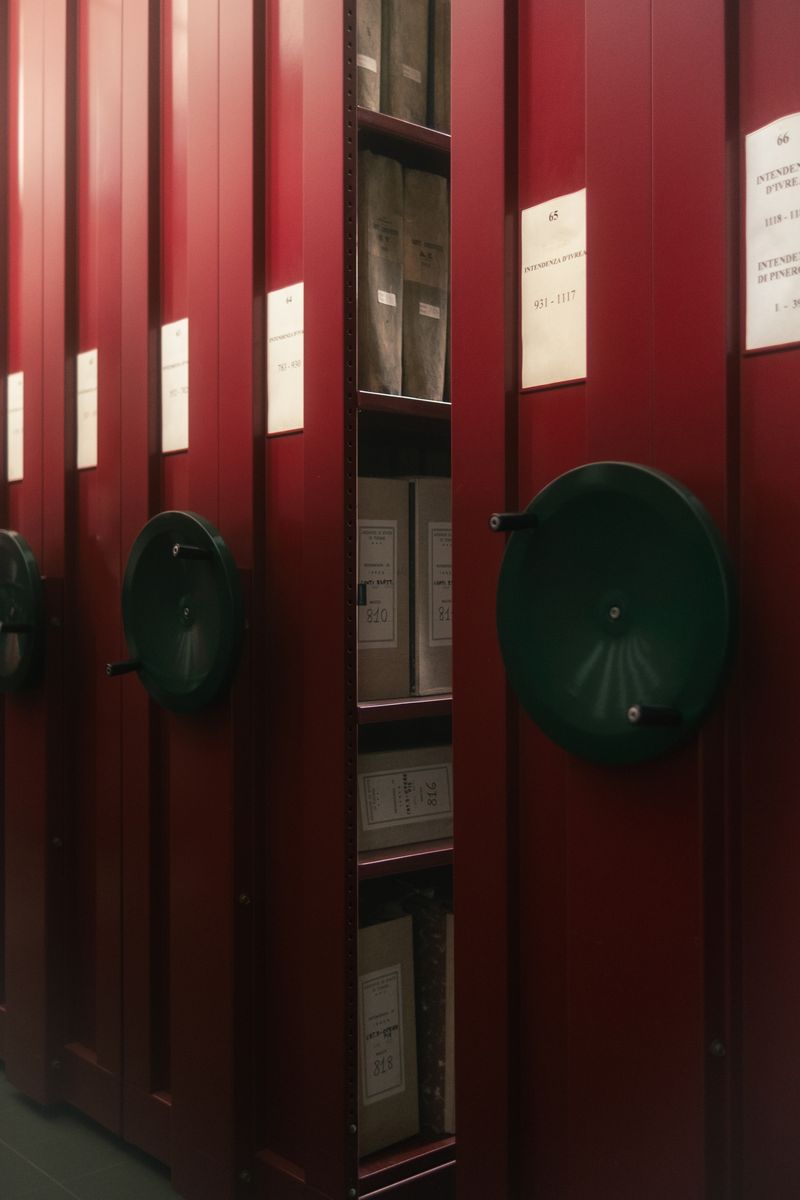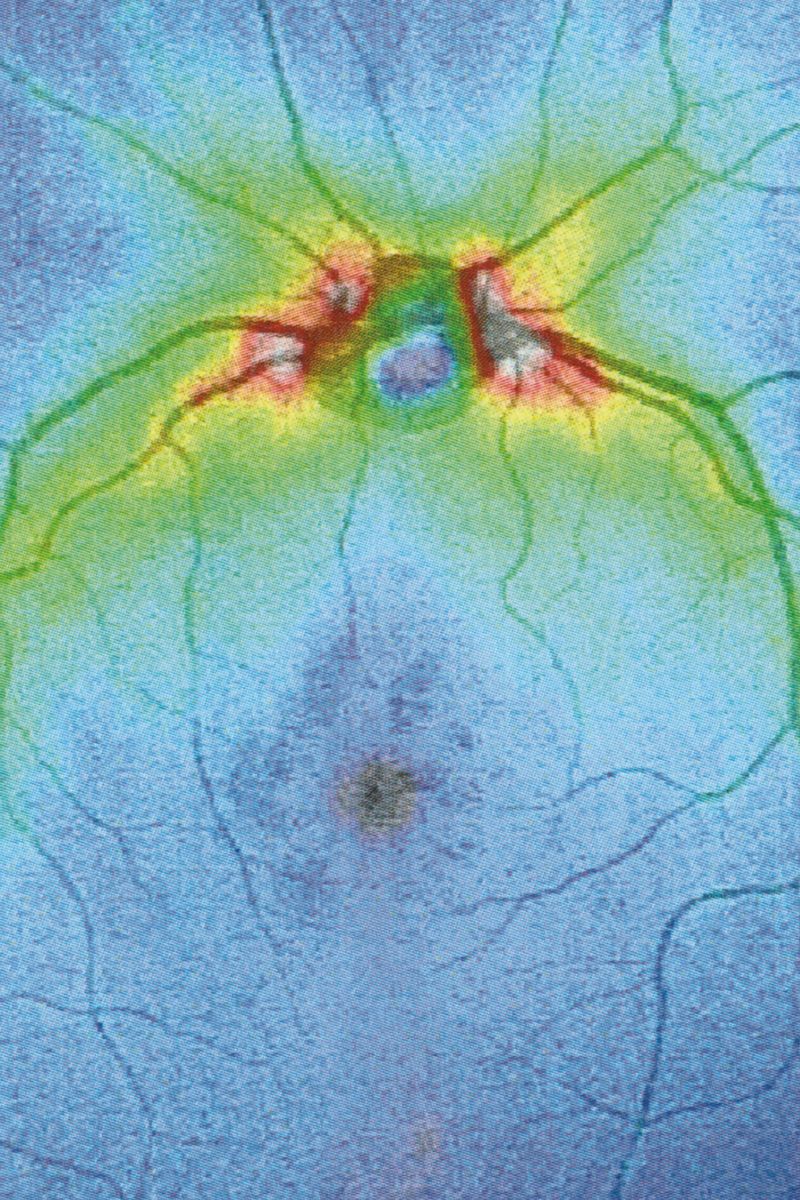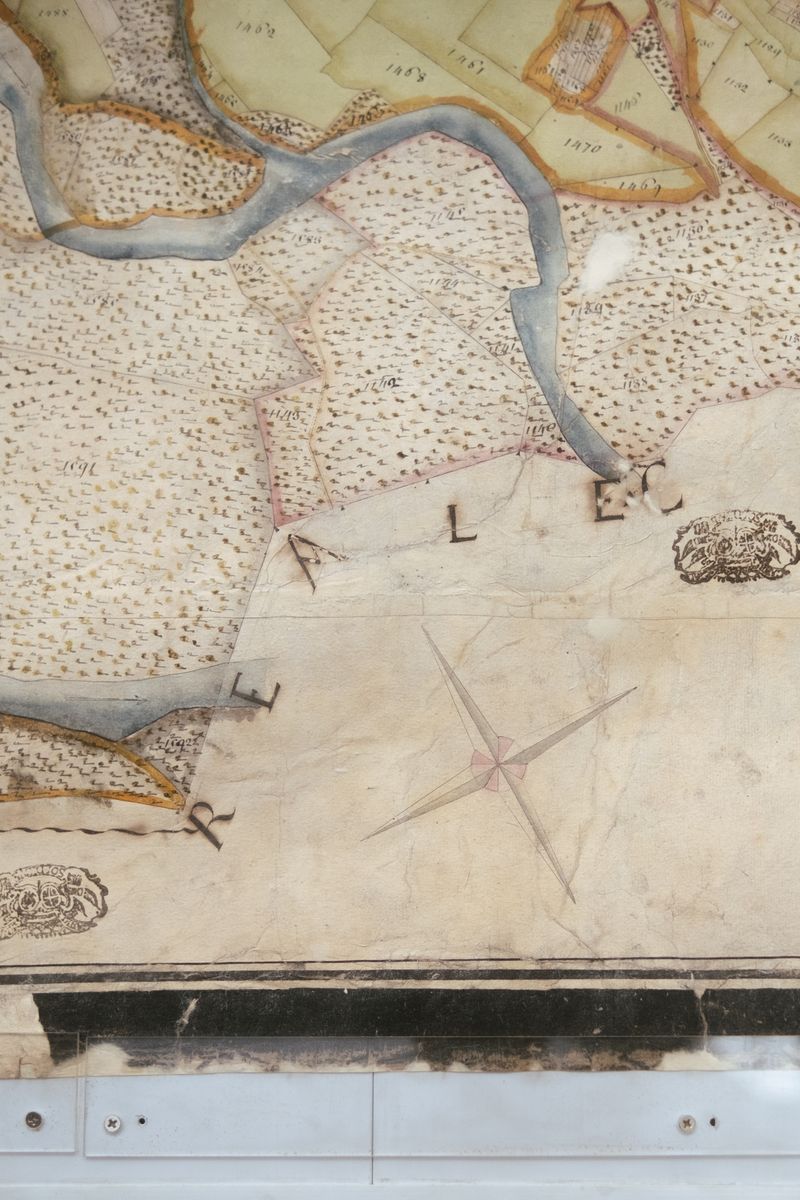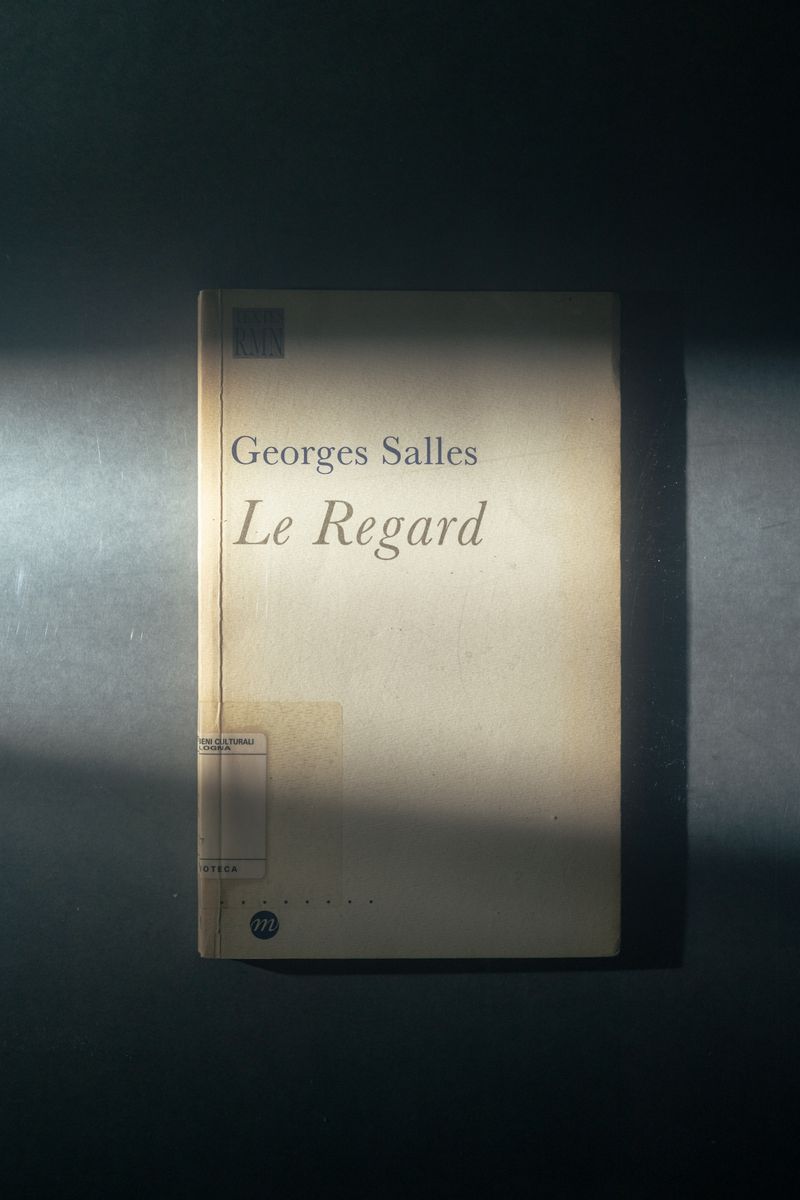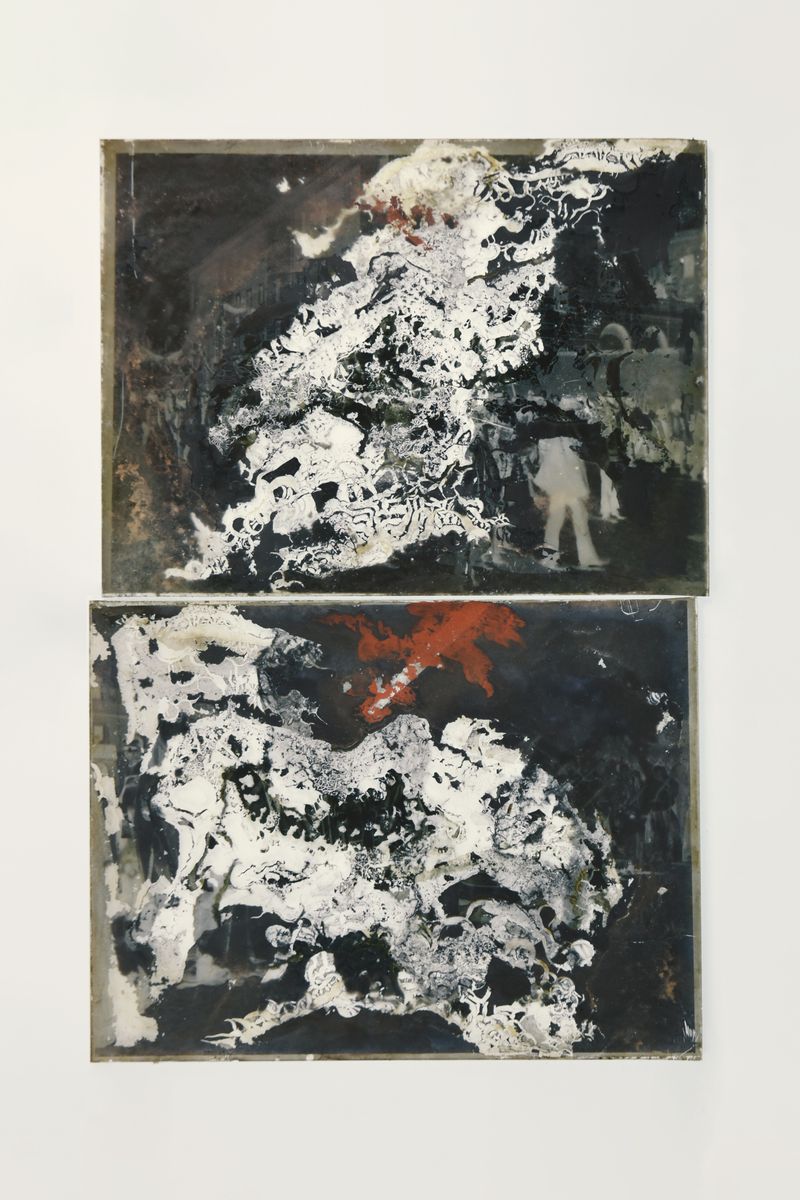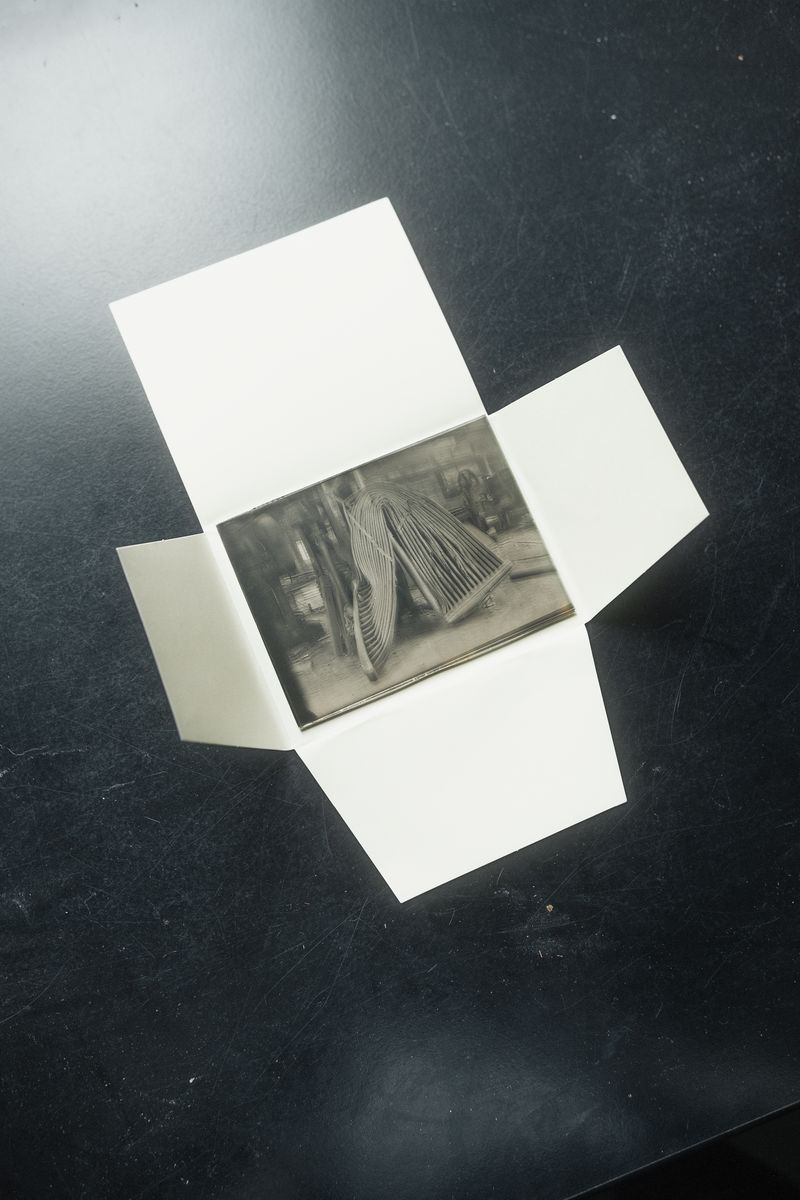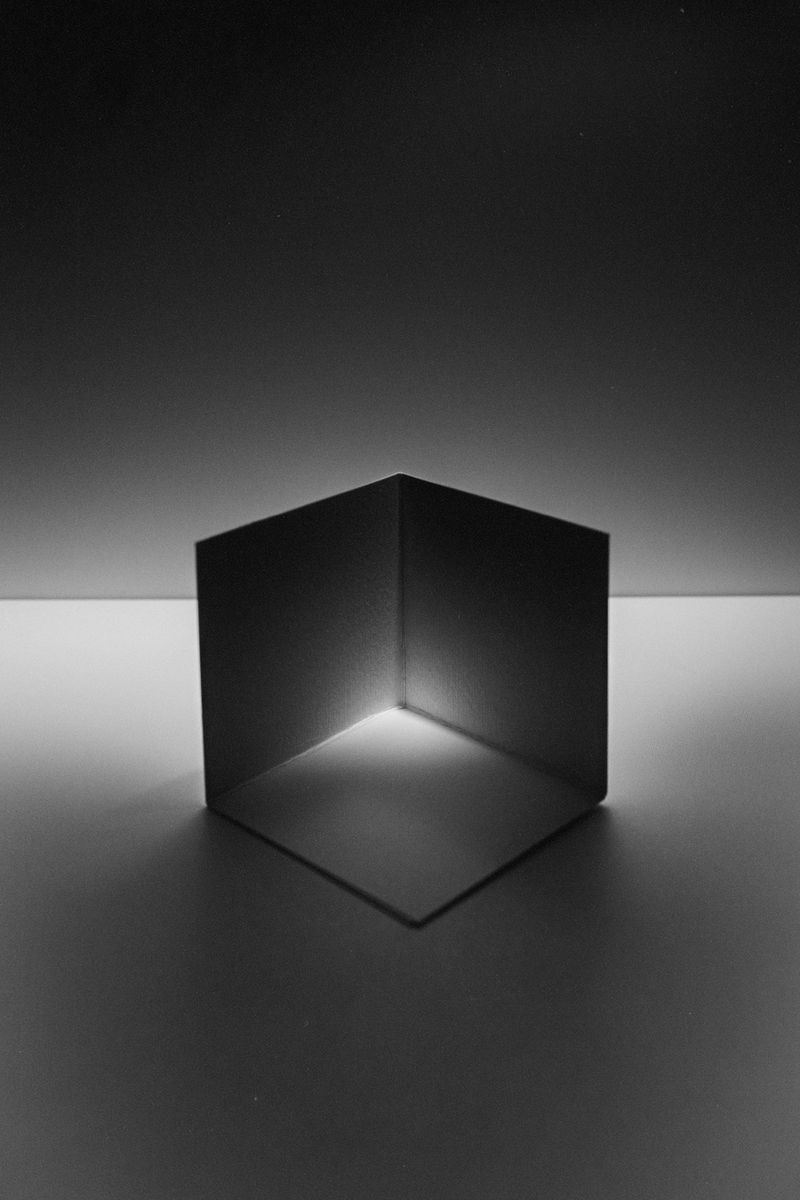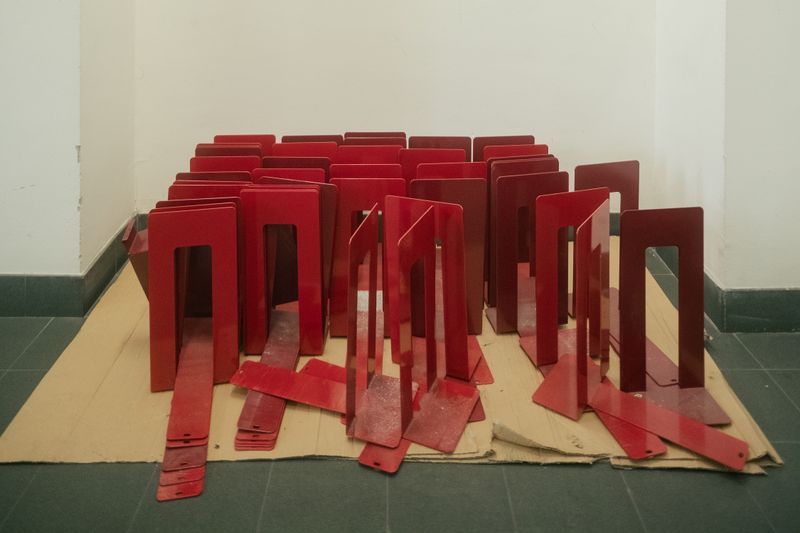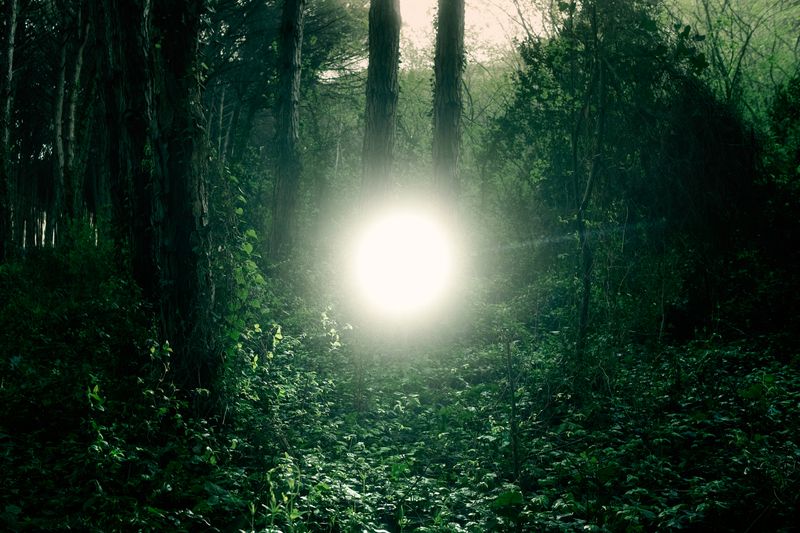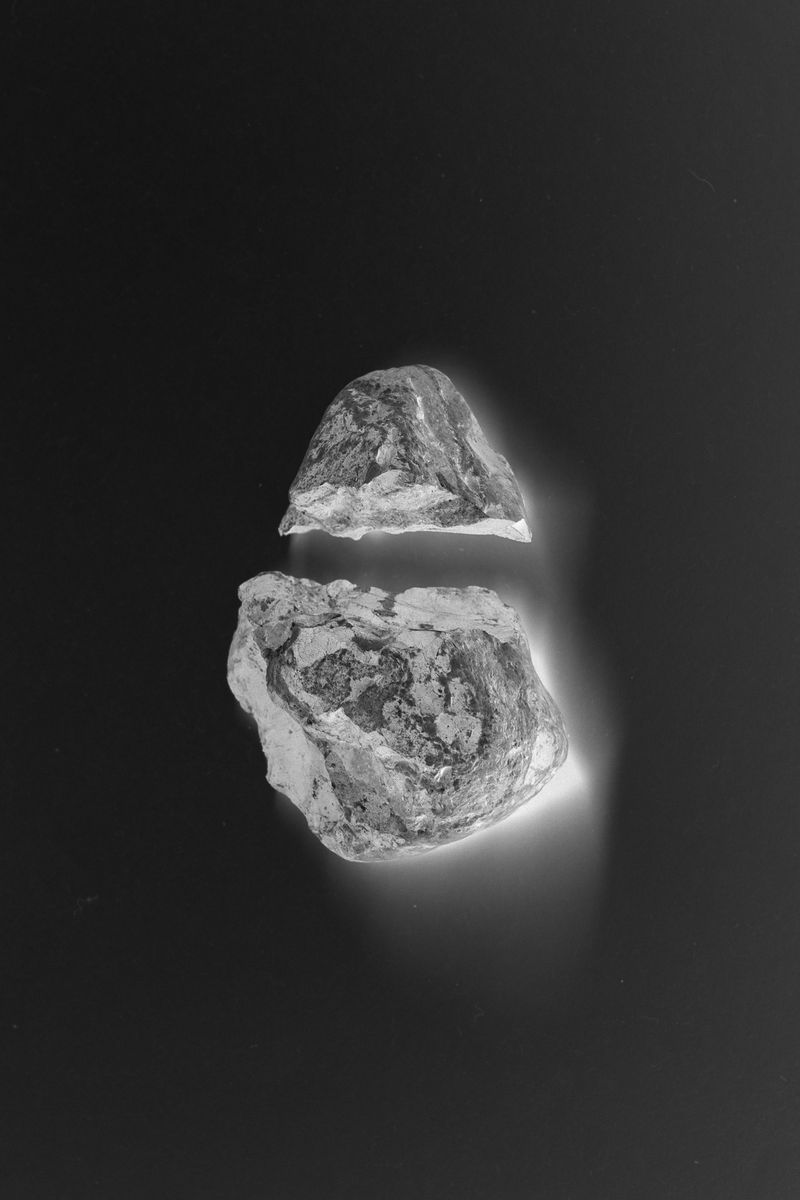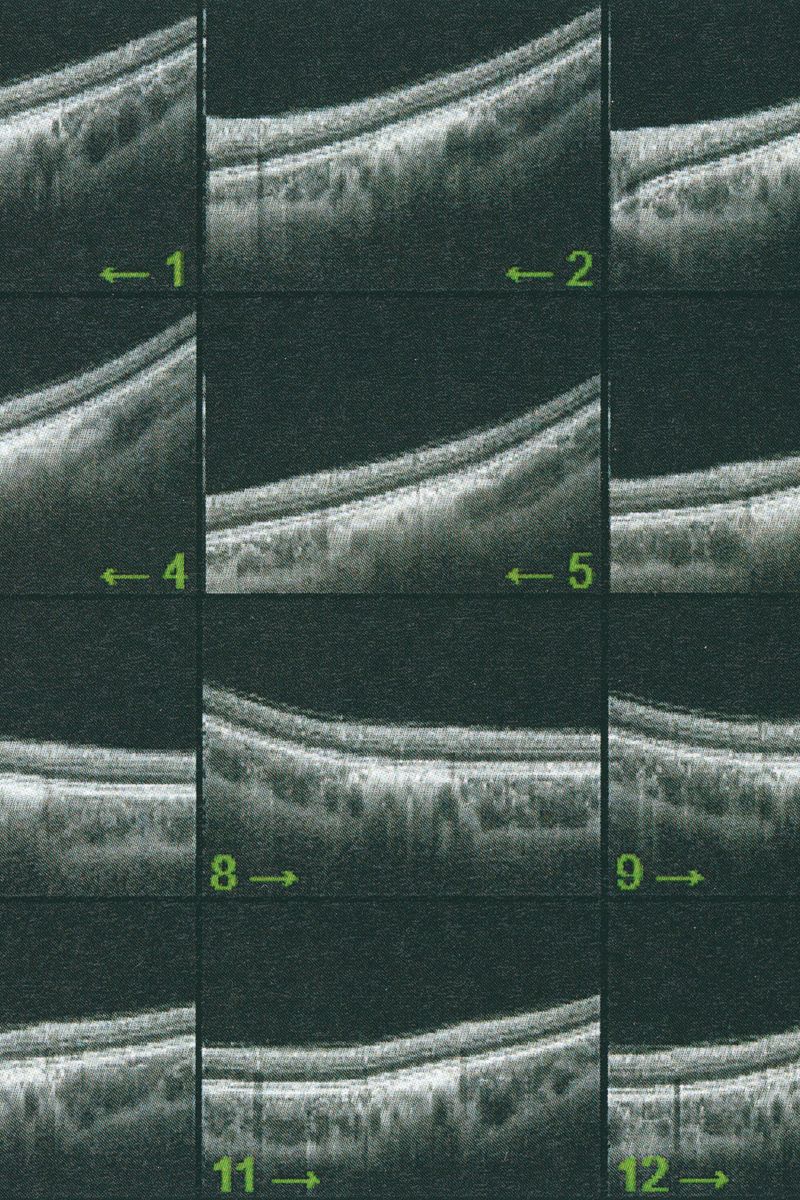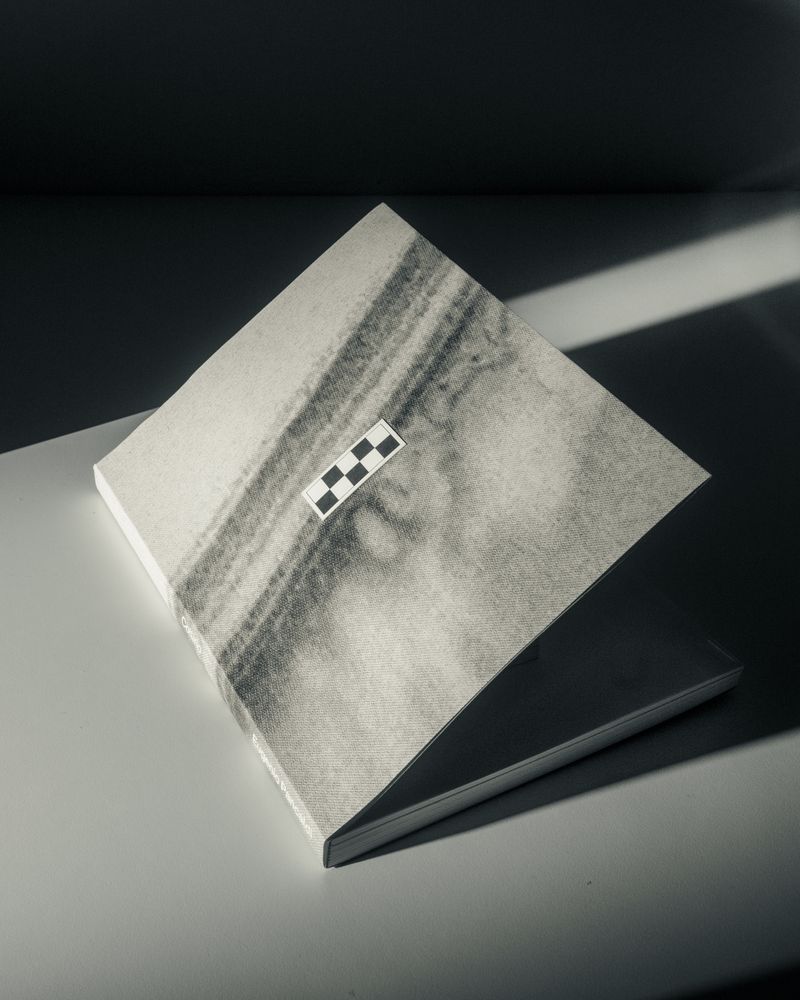Collirio
-
Dates2022 - 2024
-
Author
- Topics Archive
- Locations Italy, Bologna, Turin
Collirio is a reflection on vision and the forces altering its coordinates; on gaze and the ability of representations to transform its experience; on reality when it is no longer transparent, when its image has become more cumbersome than its meaning.
Following a terrifying experience with too high a dose of LSD when I was 16, something changed in the way I observe visible reality. A hypertrophic screen materialized between me and the world, a scar of opacity. The fear of hallucination teaches a new language, so that every meaning remains trapped in a net and only the signifier filters through its meshes. No shadow, only empty light. Anguish arrests every retinal projection on that screen. Every perception is immobilized to be inspected for a hallucinatory return; it is reified, detached from its real referent, reduced to representation, incapable of referring to something outside of it. And behind (or in front) of it, the eyes have stolen consistency from reality. The body only appears occasionally, at the edges of the mind, when we engage in apperception. And yet I feel the tinkling of a gear that draws my attention inside my eye. I reflect on myself; I look back and from the inside. Once vision is situated in the empirical immediacy of the body, it belongs to time, to flow, to the end.
Collirio (Eyewash) is the attempt to demonstrate the non-absoluteness of visual experience and its nature as a situated and yet ambiguous act. It is the path that has allowed me to understand how my fears do not have roots in an unknowable place. The eye is not an unfathomable globe.
When we learn to speak, we are immersed in systems of discourse that preexist us and will survive us. So it is with seeing. Between us who observe and the world, there is inserted the set of discourses that constitute visuality and that make it different from vision. Between the retina and the world, a screen of signs is inserted, a screen composed of all the multiple discourses on vision constructed in the arena of collectivity. This screen casts a shadow; Jacques Lacan calls it “scotoma,” “a stain”. Because when we look through the screen, what we see is trapped in a net and can only project towards us the shadow of its signifier, its meaning. In the visual field, something cuts, cuts through, parallel to the pupil. It is the fabric of practices, habits, and languages, all linked to the reality of representations, with which the meaning of what we see is cast as a shadow.
Collirio is an exercise in comparison. On the one hand, there is the cut left from my lisergic experience; on the other, the one described by Lacan, analogous and yet still of opposite function.
The project navigates between these two cuts, attempting to reconnect vision and visuality on common ground. It seeks to link a personal condition to the more collective one of the gaze, of the images that constitute its archaeology, of abstraction, of the delocalization of the point of view, and of the fragmentation of its experience. The acrid smell of vinegar syndrome fills the boxes of reels and rolls. Lacunae are like tired arms, at the end of which is a hand whose grip on meaning has loosened. We are no longer able to grasp it firmly with the same strength. The emulsion begins to separate from its support. The reality of images is no longer able to embody its indexical value as a trace with the same efficacy. Thus, the truth of meaning stops before the surface, unable to emerge. It lingers behind the fiber of a paper sheet, behind the light of a black screen, between the zeroes and the ones of a circuit.
